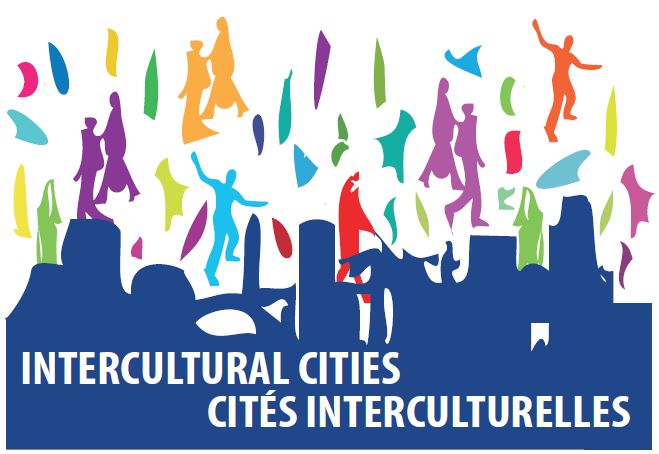The Intercultural cities programme (ICC) supports cities in reviewing their policies through an intercultural lens and developing comprehensive intercultural strategies to help them manage diversity positively and realise the diversity advantage. The programme proposes a set of analytical and practical tools to help local stakeholders through the various stages of the process.

The model relies on the notion of “diversity advantage” – treating migrants as a resource for local economic, social and cultural development, and not only as vulnerable groups in need of support and services. Intercultural integration implies a strategic reorientation of urban governance and policies to encourage adequate representation, positive intercultural mixing and interaction, and institutional capacity to ensure equal access to rights and opportunities for all. The Intercultural cities programme offers a comprehensive methodology for helping cities develop their diversity strategies, and a range of analytical and assessment tools, including the successful Intercultural cities. To support the process of intercultural strategy development, implementation and evaluation, the Intercultural cities programme proposes extensive city profiles, hundreds of good practice examples, a step-by-step guide and policy briefs on the intercultural approach in specific policy areas. These tools can be used for policy audits and offer guidelines for active citizen participation in the strategy development process.
The model is now being implemented by over 100 cities in Europe, Asia, and America. Cities that join the Intercultural cities programme commit to:
- promote a pluralistic and inclusive identity through public discourse which embraces the diversity advantage.
- ensure that institutions, neighbourhoods, and public space are open and mixed rather than segregated.
- actively build trust between communities and foster shared values by promoting a “we culture” of reciprocity and symmetry in interethnic relations.
- ensure equal access to rights and opportunities for all, also by rendering governing bodies more diverse and making sure all officials and services are culturally competent and that businesses and institutions can manage diversity as an asset.
More information on the ICC is available.
